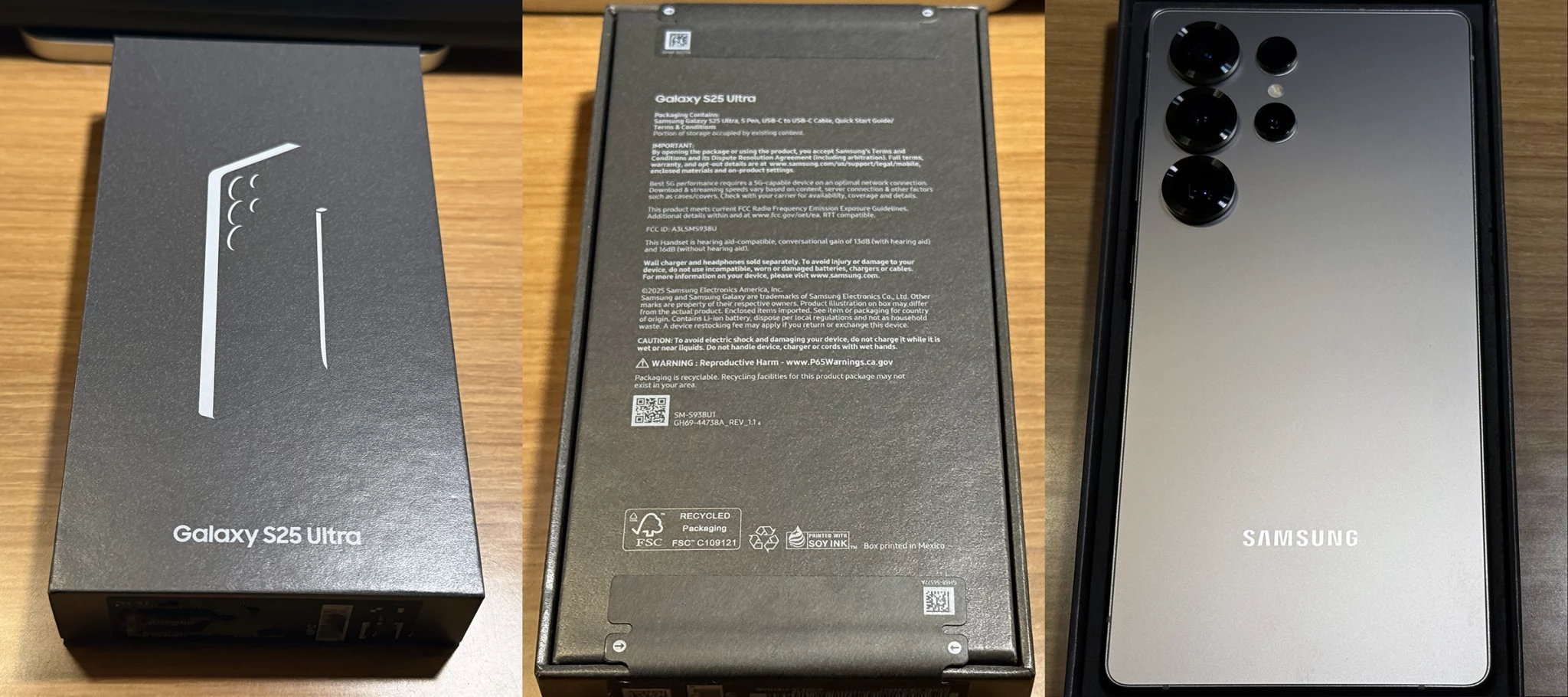 |
This is what Page said when he was cross examined by Oracle lawyers and asked if he believed Android was a critical asset to Google back in 2010…
I believe Android was very important for Google. I
wouldn’t say it was critical.
critical to Google…
Page stated that he wouldn’t be surprised if that
was the case, but that he wasn’t sure he’d go that far. He elaborated
that Android was a means to get pre-existing Google services to mobile
users.
Meaning wut? Reading between the lines regarding the bolded part, this confirms that Android like all other Google software and services, is meant to feed the bottom line… and that is search and its advertisement related revenue. In other words, this just cements the notion of Google literally being a one-trick pony when it comes to actual money making initiatives.
So it makes sense that pre-iPhone, an Android prototype looked more like the BlackBerry. The devices initially had keyboards as opposed to being full touch screens. The tech blogsphere as well as some of the veteran mobile handset makers initially derided the iPhone’s lack of a physical keyboard which is why the prototype looked more like the types of smartphones that were prevalent at the time.
When it became obvious that the iPhone was a hit after just a few months on the market, Android development shifted to mimic the iPhone. The urgency was more so since Apple had also relented in saying they would make an SDK available for native app development (the iPhone originally only allowed 3rd party apps to be web based). That notion of a walled off garden where Google could be potentially cut out from the loop is what likely pushed them to offer an open alternative to Apple. It’s all about the loss of control to search; especially in the growing smartphone market.
Developer support is crucial which was why Java was leveraged (a large base of developers are familiar with the programming language). Platform marketshare is a critical carrot to dangle in front of these developers as well. Thus the priority by Google to get Android on a fast track in terms of its uptake, by offering it up for free (with some clauses) to the mobile providers. As Page mentioned, it’s about making sure that Google’s services are easily available to mobile users (because those services are critical to their revenue generating search and advertisement business).



